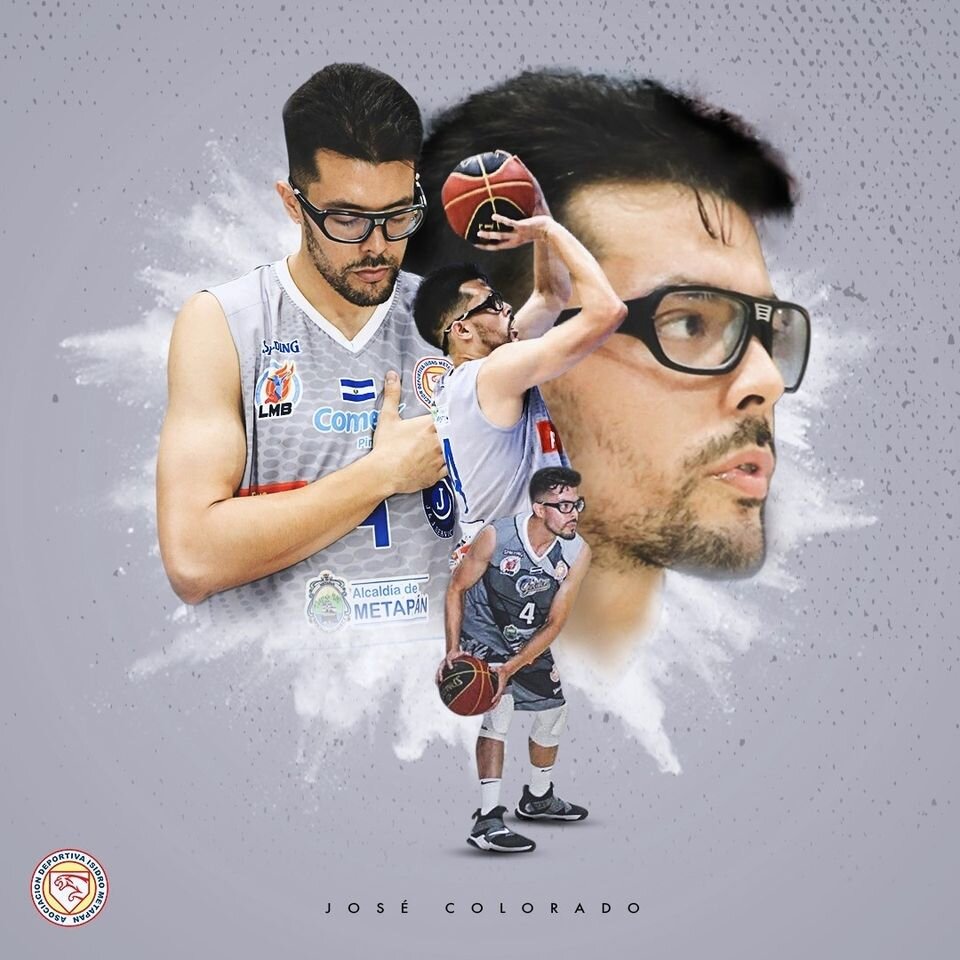Overseas Basketball: 3 Ways to Protect Yourself Against the Dangers of Pro Basketball (2020)
Unstable, short and uncertain.
Chances are if you’re a professional basketball player or coach you already knew these were the traits associated with the overseas game prior to pursuing it.
Unfortunately, these risks only increased when COVID-19 hit this past year, shutting down nearly all FIBA-sanctioned leagues worldwide.
Today, I want to show how - despite the global pandemic - hundreds of professional players protected themselves against the dangers of professional basketball by preparing for the “unpredictable” on a daily basis.
Let’s dive in.
SECTIONS:
Average career length of an overseas basketball player
Transitioning from professional sports
Life after sports: Develop a reputation
The Dangers of Professional Sports
Injuries come as the most obvious career-ending threat but there are many other options that could destroy one’s rise to the top:
Management decisions (e.g. getting cut, benched, salary issues)
Political decisions (e.g. someone with ties to the team getting ahead of you)
Bad team/skill-set fit (e.g. getting cut too many times)
Cultural shock concerns (e.g. teams not wanting to take on the risk of someone not adjusting well to the culture)
…and much more.
Similar to COVD-19, many of these are entirely out of a player’s control.
You can’t realistically predict how you will mesh with a new team, coach and management group until you do.
That means aspiring and current overseas pro athletes must always be ready for the unexpected and plan ahead.
If COVID-19 hasn’t provided the wake-up call then allow the following to…
What is the average career length of an overseas basketball player?
When I first began playing professionally it was actually the advice of a former NHL coach named Rick Bowness who I always thought of, having spoken to him prior to leaving overseas.
“The journey never goes too slow but the end always comes too fast.”
-Rick Bowness, 31 years as NHL coach
The NBA reports its average career length to be about 4.5-5 years.
Now think about an overseas player’s situation:
Salaries are much lower
Competition is much tougher because of the FIBA import - national restrictions (i.e. less spots for imports)
Players are much less connected (many didn’t attend High Major NCAA Programs like the vast majority of NBA players)
Injuries are more frequent because of less training staff members, recovery sessions etc.
All this means a shorter career in overseas basketball.
The last thing you want to do come retirement is to hit your 30’s with little ‘real life’ work experience, few connections and no direction as to what’s next come retirement.
The end comes hard and fast.
And while the focus of your playing career should definitely be on just that, improving your game and moving up the ranks, even famously obsessed players like the Late Kobe Bryant experimented with other fields as his career began to wind down.
Only you can decide what your next passion will be.
For someone such as Bryant, that ironically had little to do with basketball.
Yours may be different.
But it’s important to begin experimenting and laying down the groundwork early.
That way, when you aren’t fortunate enough to keep playing there won’t be a huge drop-off in financial and emotional fulfillment.
Transitioning from professional sports
If you don’t remember anything else from this post, then remember this:
Every professional basketball player should be earning multiple incomes.
The threat of sudden stoppages (i.e. getting cut or being injured) is simply too great to not have another income stream coming in at all times.
Luckily, for those who are just beginning their journeys into pro basketball there is usually a lot of downtime afforded.
European basketball may be the exception but if you are in the lower- or middle-tier ranks then chances are you have a decent chunk of space in your day to fill.
This was the case when I was in Canada, Latin America and Asia.
If that time isn’t being used to improve your skills then maximize it by developing a side business and another income stream.
Build an online business, find a remote position or even pick up work in the location you’re situated in.
In this way you won’t be as financially vulnerable should something happen.
Personally I’ve leveraged my playing career into a coaching academy as well as online writing jobs.
Life after sports: Develop a reptuation
Reputation is everything.
And in the basketball world it’s that and then some.
The sub-community of professional hoopers is very small since there is such a limited amount space in this industry.
That can be both a positive and negative.
If you’re wise you’ll build connections regardless of whether you will pursue a career in basketball afterwards or not.
Often, former peers will end up in positions very similar to your own interests.
Some examples I’ve seen:
Basketball coaching
Sports management
Sports/health business ventures/inventions
Basketball/fitness app development
Social media influencer
Mentoring youth through sports
If you’re not in good graces with many of them then it can twice as hard to get your post-playing career off the ground.
On the other hand, if you build strong relationships with your former teammates, coaches and peers, you’ll already have a solid network to grow as you transition to life after sports.
3 Ways to Protect Yourself Against the Dangers of Professional Basketball
Begin thinking of life after sports right now - as you are playing
Always maintain another passion project/income as you play
Connect and network with your fellow pro players during your career
Please like, comment and share this with your fellow athletes if you found it useful and think they would too.
How has your life after sports experience been?
And how have you protected yourself against the dangers of being a professional athlete?
Comment below and let me know!
Jose Colorado is a five-year professional basketball player helping others achieve their goals of pro basketball through a proven, research-based approach.
READ MORE
